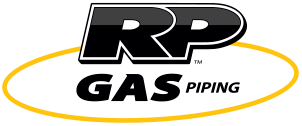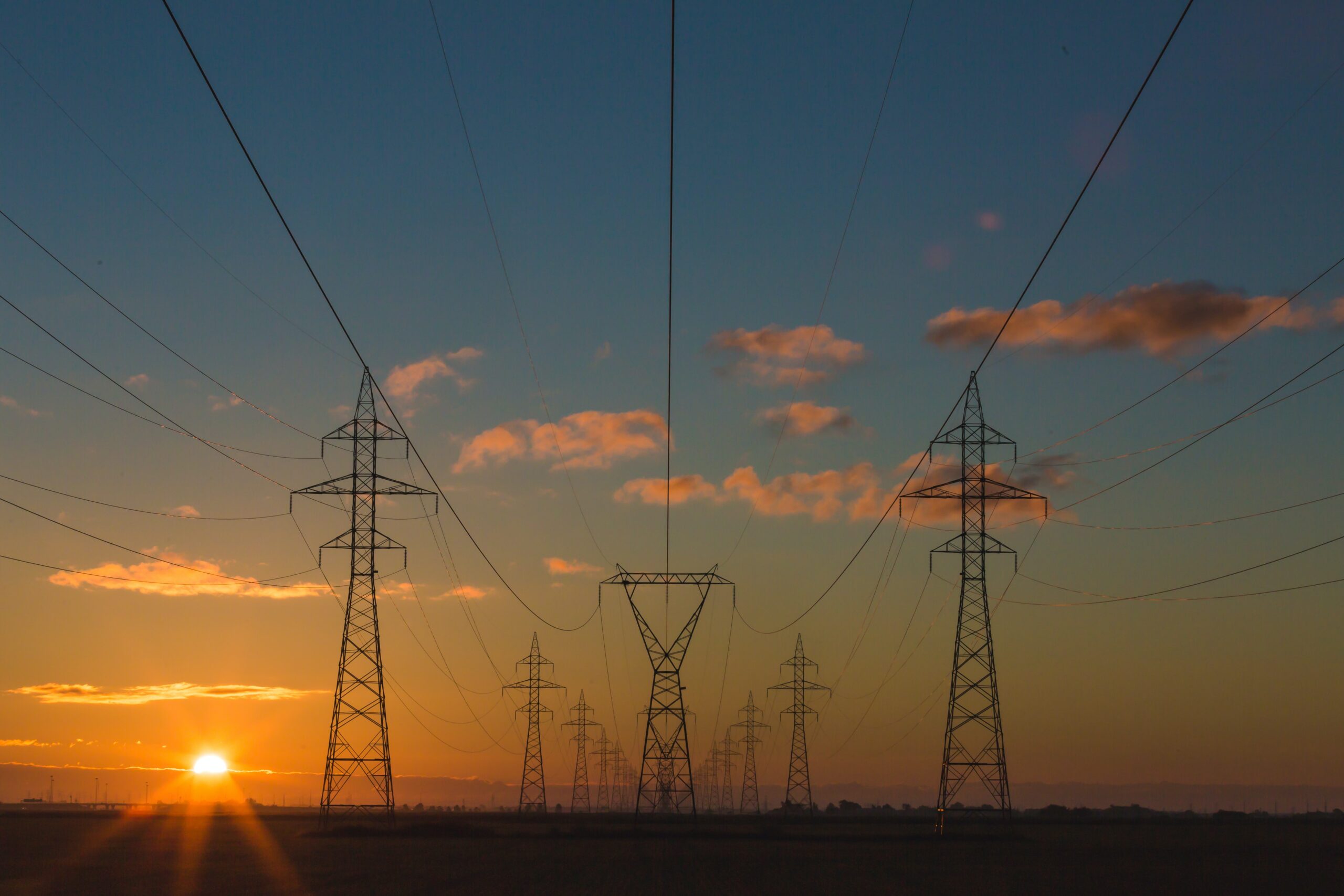Today, more and more people are on the hunt for energy saving tips that will save money, improve their home’s energy efficiency, and ultimately reduce their energy consumption.
So, what are some realistic tips for saving energy, and what are some energy efficient heating and cooling appliances that can help us all save money?
The National Fenestration Rating Council (NFRC) claims that the average expenditure on energy bills each year by US homes is $1,500–2,500 on energy bills, and 45% of that is spent on heating and cooling.
Energy efficient homes use substantially less energy for all heating and cooling processes, which may include HVAC systems, water heating, and other types of electric energy use.
Some simple tweaks can help you save hundreds of dollars on electric bills each year.
Home Energy Saving Tips to Help You Reduce Energy Consumption
Improving your home’s energy efficiency has all sorts of benefits, including lower utility bills, reduced environmental impact, and increased sustainability. Energy efficient appliances and practices enhance comfort while decreasing carbon emissions, ultimately helping you save money and reduce your carbon footprint. Read on to learn more tips for saving energy.
Seasonality Matters
The strategies that you use to save energy in your home will depend on a number of factors, including:
- The heating and cooling appliances in your home
- What direction your house faces
- The age of your home
- The age and type of your appliances
- How many windows are in your home
- Weather and climate
South-facing windows, for instance, can be used as natural heat sources, and most hardware stores offer easy-to-install insulation options for windows and cracks.
Seasonality significantly influences energy consumption in homes. During extreme weather conditions, like hot summers or cold winters, heating and cooling systems work harder, consuming more energy. Efficiently managing temperature control, insulation, and lighting based on seasonal demands helps optimize energy use, reduce costs, and minimize environmental impact.
Water And Heating Management
A lot of the energy you use in your home has to do with the way you heat your water and air, and how you use appliances to complete household tasks.
Here are some ways you can change your appliances to ensure that they’re working at maximum efficiency.
Adjust Water Heater & Dishwasher Temperature Settings
One of the best things you can do to save money is to turn down the temperature on your water heater.
A good rule of thumb is to try keeping it around 120°F, which is typically between “medium” and “low” settings. You may also have the option of turning down the water temperature on your dishwasher to around the same level.
Replace Appliances
If you’re looking for energy efficient appliances, it’s best to purchase new equipment. If you’re in the market, look for ones with the Energy Star rating to ensure you’re getting the most eco-friendly option.
If natural gas is available in your region, it may be more sustainable and affordable than electricity. You may be able to swap out various appliances from electric to gas, including your:
- Water heater
- Stove
- Furnace
- Fireplace
Sometimes these will cost a little more to install, but you’ll earn this back in energy savings, and it is also likely to increase your property value.
Conserve Water
We can’t offer energy saving tips without mentioning the simple task of saving hot water. Low-flow faucets, shorter showers, and newer appliances are easy ways to save water.
If you are in an older building, getting your plumbing checked and pipes replaced will ensure that your water costs stay as low as possible.
Stoves and Ovens
You might be surprised that one of the easiest energy saving tips has to do with your cooking habits. Here are some pointers:
- Keep lids on bots when boiling water
- Don’t leave the oven on for longer than it needs to
- Use only the size of oven you need — smaller ovens use less heat
- Ensure your gas oven is always clean
Washers and Dryers
Dryers can use up a lot of energy, and the higher the heat level, the more it will cost. Consider using lower temperatures and hang-drying laundry when possible.
Newer dryers have sensors that ensure that they shut off when moisture levels are low enough. Otherwise, simply leaving it on a timer setting will help to make sure you don’t waste energy.
It’s essential that you clean the dryer lint filter after each use as well. Not only is this a safety precaution, but a clogged lint trap will also reduce dryer efficiency and cause it to use more energy than necessary.
Do larger loads of laundry and wash your clothes in cold water as often as possible.
Heating / Cooling and Insulation
Some of the best energy saving tips revolve around moderating temperatures.
Insulating your hot water heater, windows, and spaces that may be drafty, like attics, is essential for keeping your house warm in the winter.
Smart thermostats are also a great idea, especially if you leave the house empty often. You can pre-set them to adjust the heat as needed during specified time periods.
Ensuring that your HVAC systems are well-maintained and that filters are replaced every 3-6 months is essential, especially if you rely heavily on air conditioning in the summer.
The benefits of a well-maintained HVAC system include less:
- Dust
- Pollen
- Noise
- Moisture
- Heat loss
Energy saving tips for windows specifically include features like:
- Protective coatings
- Double panes
- Vinyl frames
- Fiberglass frames
Look for the NFRC label as a guide to window energy performance.
Adopting the above home energy saving tips will not only reduce your utility expenses but also enhance environmental sustainability. Efficient heating and cooling management, appliance upgrades, water conservation, and insulation practices can all contribute to significant cost savings and a smaller carbon footprint. Implementing these measures ensures a more eco-friendly and economical household.
Let Us Help You Improve Your Energy Usage
Our team of energy experts is ready to help customers in and around Arizona with gas line inspections, installations, propane tank systems, and more. We can help ensure you are using energy efficient appliances, save money, and improve the usage of your heating and cooling systems.
If you have any questions, we’re happy to answer. We can also test propane tanks for corrosion and rust, and recommend the best form of protection for your equipment and cost savings needs. Learn more by contacting us today, or call (602) 759.8340
Liked this article? Here are three more!
What to Do When You Find an Abandoned Underground Propane Tank
What is Cathodic Protection?
The Difference Between Standby Generators and Backup Generators


